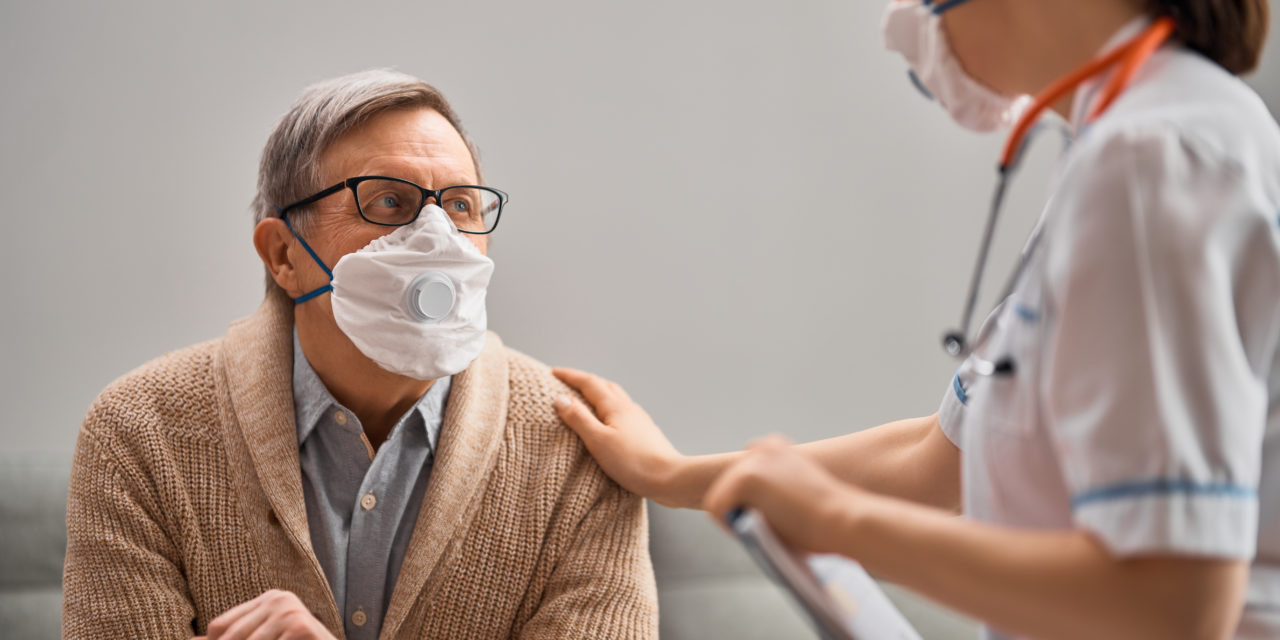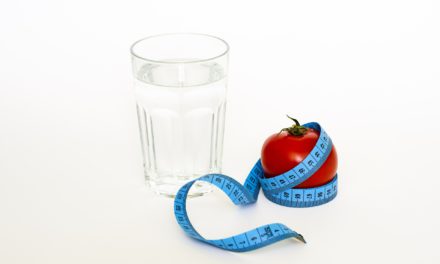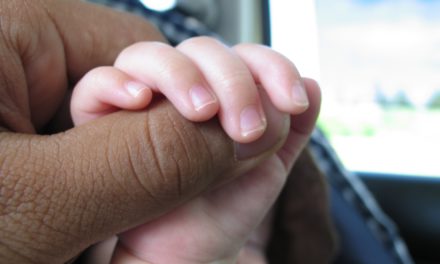The World Health Organization (WHO) has declared the COVID-19 outbreak to be a public health emergency of international concern. COVID-19 is a new and potentially serious coronavirus. It is the virus that has been transmitted from animals to people. In severe cases, coronaviruses can cause infection in the lungs (pneumonia), kidney failure and even death. At present there is no vaccine against COVID-19.
Spread and Signs of COVID-19
COVID-19 is spread through air-droplets that are dispersed when an infected person talks, sneezes or coughs. The virus can survive from a few hours up to a few days depending on the environmental conditions. It can be spread through close contact with an infected person or by contact with air droplets in the environment (on a surface for example) and then touching the mouth or nose (hence the common advice circulating on hand hygiene and social distancing).
Common signs are typical flu-like symptoms: a fever, cough, breathing difficulties, tiredness and muscle aches. Symptoms usually start within 3-7 days of exposure to the virus, but in some cases, it has taken up to 14 days for symptoms to appear.
Older people and people with pre-existing medical conditions (such as diabetes) appear to be more vulnerable to becoming severely ill with the COVID-19 virus. When people with diabetes develop a viral infection, it can be harder to treat due to fluctuations in blood glucose levels and, possibly, the presence of diabetes complications.
Take Precautions to Avoid The Virus
For people with diabetes it is important to take precautions to avoid the virus if possible. The following recommendations that are being widely issued to the general public are doubly important, please keep in mind.
- Try to avoid touching your face before you have washed and dried your hands.
- Clean and disinfect any objects and surfaces that are touched frequently.
- Don’t share food, glasses, towels, tools etc.
- Try to avoid contact with anyone showing symptoms of respiratory illness such as coughing.
- Pay extra attention to your glucose control.
- Do some home-based regular physical activity is of great benefit for people living with diabetes.
- Make sure you have all relevant contact details to hand in case you need them.
- If you do show flu-like symptoms (raised temperature, cough, difficulty breathing), it is important to consult a healthcare professional and treatment immediately.
- Make sure you have a good supply of the diabetes medications and glucose monitoring system you need. Think what you would need if you had to quarantine yourself for a few weeks.
- Make sure you have access to enough food. Make sure you will be able to correct the situation if your blood glucose drops suddenly.
- If you live alone, make sure someone you can rely on knows you have diabetes as you may require assistance if you get ill.
Since COVID-19 is a new coronavirus, above introduction is just a general information of it. The situation of COVID-19 is not fully clear at this point, so keep informed of the latest developments. Look out for updates and advice from your government, national diabetes association and other reliable sources.









